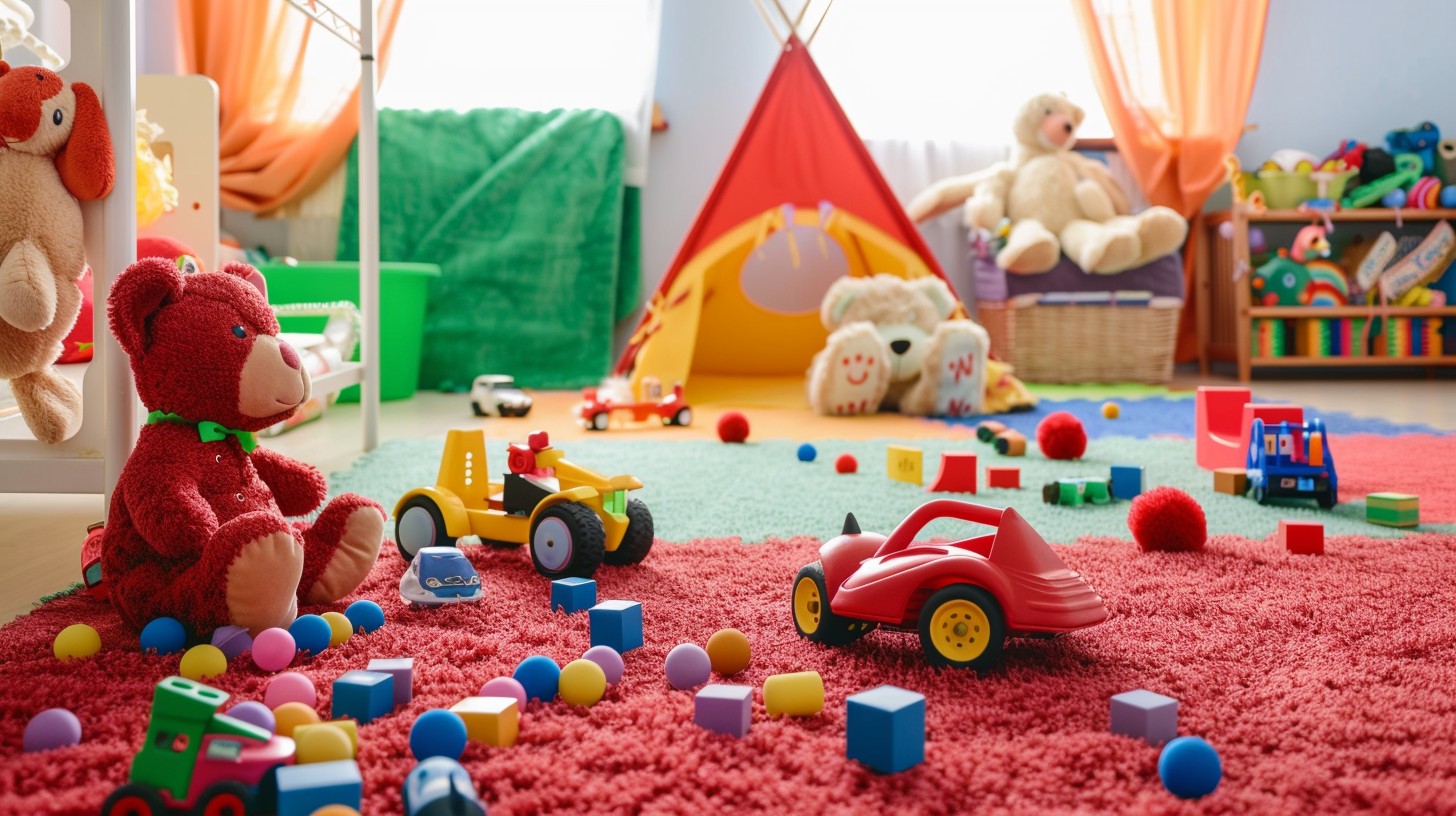Applying Open and Relational Parenting to Real Life
Recently, one of my patient’s moms asked, “How do I get my children to start taking responsibility for themselves?” She gets frustrated when they leave their toys and clothes strewn all over their rooms and play spaces, requiring lots of parental encouragement to clean up later. She has a great question that brings up some of the main principles of open and relational parenting.
Open and relational parents understand that they lead their children by empowering them rather than compelling compliance. In this way, they imitate how God leads us and all of creation. Open and relational theology sees God as empowering us in every moment, guiding us to choices that lead to overall well-being. In each moment, God sees the possibilities ahead of us, recognizes the choices that most likely lead to flourishing and wholeness, and guides us to these divine aspirations for what we will do. Divine guidance comes in many ways regardless of our awareness of them. One way that God can guide us is through relational examples. If we see people making choices that lead to overall well-being, we are more inclined to make similar choices. This influence is even stronger if we are in a close relationship or working with those people. Parents can empower their children by communicating and exemplifying the aspirations they hold for them.
Michaeleen Doucleff is a journalist who studies how parents from different cultures guide their children. In her book Hunt, Gather, Parent, she writes:
Here in the West, we often employ two types of motivation: rewards (e.g., praise, gifts, stickers, allowances) and punishment (e.g., yelling, time-outs, groundings, threats). But in many other cultures, moms and dads tap into another type of motivation: a child’s desire to fit in with their family and work together as a team. To belong.1
Giving advice consistent with an open and relational approach to parenting, she recommends that parents use the privilege of helping as a motivation. This idea can initially seem counterintuitive, but considering child development, it makes sense. Toddlers as young as eighteen months start to imitate their parents doing household tasks like sweeping and vacuuming. Children want to be with their parents, imitate them, and help.
These principles can be applied to this mother’s question about encouraging her children to take on more responsibility for tidying their rooms and play spaces.
As Michaeleen suggests, our culture’s most common parental approaches involve directing children to conform to parental demands using a combination of punishment and reward as motivation. Sometimes, clear and insistent parental direction is necessary. However, most of the time, guiding children toward an aspiration or goal is more effective in the long term. In this situation, a parent can start by asking the children to help clean the room. This cooperative effort lets the parent ensure that the kids know where things go and have the skills to accomplish the task. While working together, they can verbalize their aspirations by saying something like, “I enjoy cleaning up your room together, but someday soon you’ll be old enough to do it all by yourself.” This kind of goal-setting implies that “big kids” take more responsibility for themselves. Children naturally want to grow up and be “big,” so this kind of statement often encourages them to move toward the goal.
Rewards and consequences also have a place in open and relational parenting but are best when they are natural consequences of children’s actions. In such a situation, a parent may note that the task is completed more quickly when everyone collaborates, freeing time for a special snack or additional play. In this case, the reward isn’t only for completing the job; it’s possible because of teamwork.
This example is not a formula for teaching kids to clean up. It may work for some families, but perhaps not for others. However, it exemplifies how we can apply open and relational principles to parenting dilemmas. Other applications may vary depending on the situation, children’s ages, and personalities.
This example demonstrates several principles of open and relational parenting:
· Open and relational parents empower rather than compel compliance.
· They hold aspirations for what their children choose to do, guiding them in that direction.
· Working together gives opportunities to teach, encourage, and express alongside-of love.2
· Rewards and consequences are best when they come as the natural result of children’s actions.
Open and relational theology finds all these principles in God. It also sees God as a relational partner who lovingly receives every moment and graciously offers new possibilities for the next time. When we feel we are failing as parents, God loves us just the same and points us to better ways to parent in the next moment.
1 Michaeleen Doucleff, Hunt, Gather, Parent: What Ancient Cultures Can Teach Us About the Lost Art of Raising Happy, Helpful Little Humans (New York, NY: Avid Reader Press, 2021), 85.
2 For a detailed description, see my post, “Alongside-of” Love
photo: Photo by Stockcake





0 Comments